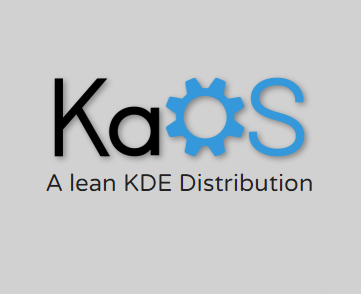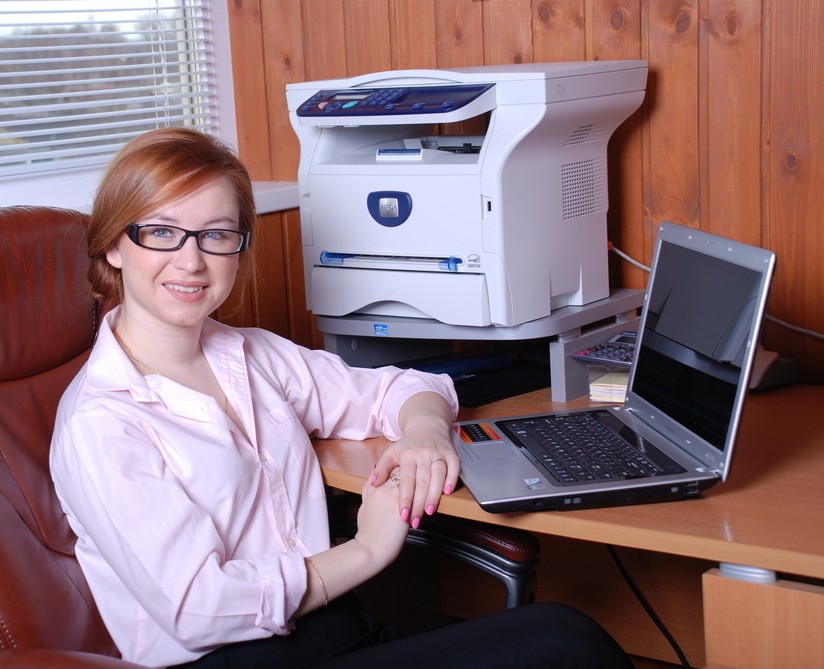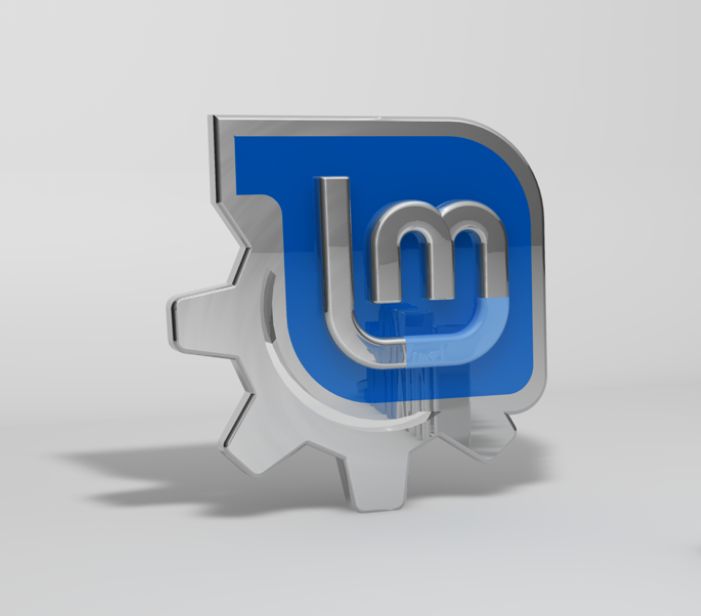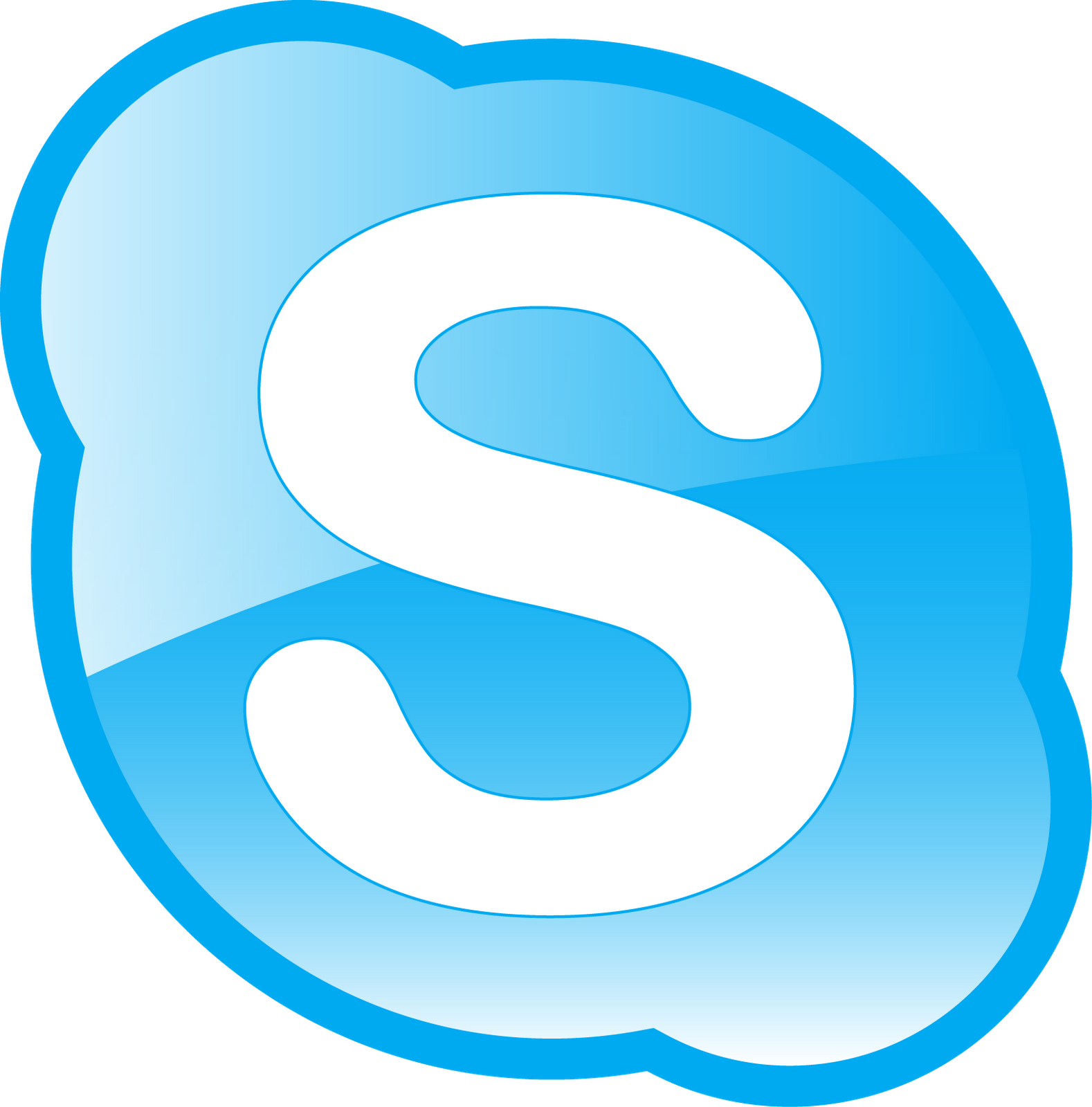
Opera 24 FINAL adds new tab preview, offers Hi-DPI support in Windows
Opera has released Opera 24 FINAL, a major new release of its web browser for Windows and Mac. It comes with three changes of note, two of which are restricted to Windows users only.
The headline new feature, which covers all platforms, sees Opera gain tab preview. By rolling the mouse over any non-active tab, users will -- after a short pause -- see a pop-up thumbnail of that tab's current contents.

Ubuntu 14.10 Utopic Unicorn Beta 1 is here -- Unity not invited to the party
Linux distributions and goofy names go together like peanut butter and jelly. There is a method to the madness though, as code names make it easier to search for version-specific issues. Still, I wish the names would be a bit less silly. Case in point, the new version of Ubuntu, 14.10, is code-named "Utopic Unicorn". Sigh. Whatever.
Regardless of what it is called, Ubuntu is a great distribution, especially for beginners. Today, Canonical announces that Beta 1 of 14.10 is available for immediate download. However, only the alternative flavors are available; the default Unity version no longer participates in official beta releases. Gentleman, start your downloads!

Linux distro KaOS 2014.08 is here with KDE 4.14.0
The Linux desktop community has reached a sad state. Ubuntu 14.04 was a disappointing release and Fedora is taking way too long between releases. Hell, OpenSUSE is an overall disaster. It is hard to recommend any Linux-based operating system beyond Mint. Even the popular KDE plasma environment and its associated programs are in a transition phase, moving from 4.x to 5.x. As exciting as KDE 5 may be, it is still not ready for prime-time; it is recommended to stay with 4 for now.
In the midst of disappointing releases from the big names, relative newcomer KaOS keeps plugging away and focusing on getting better and being on the forefront of all things KDE. Today, KaOS 2014.08 is made available and it looks amazing. The exciting news is that KDE 4.14.0 is present, making it very modern and stable.

A Linux Trojan gets ported to Windows
While most people consider Linux safe and secure, it isn't always the case. When the bad guys of the internet have a will, they find a way. That's why, back in May of this year, security firm Dr. Web reported a new family of Linux Trojans designed for DDoS attacks.
Now the company reports that one member of that family, known by the catchy name of "Trojan.DnsAmp.1" has been ported over to the Windows side of the computing world.

Acer announces Chromebook 13 -- world's first Chrome OS laptop with Nvidia Tegra K1
The concept of a Chromebook is awesome. All of your files are stored in the cloud -- family photos, office documents and videos to name a few. This opens up an entire new way of thinking, where nothing seems impossible. Hell, even most of the apps are web-based and that is enough to blow someone's mind. Since local apps cannot be installed, this makes Chrome OS extremely secure and an ideal platform for accessing sensitive information.
Unfortunately, as great as the operating system is, the hardware has been lacking. Most models require the user to make a compromise for the sake of cost. Poor quality screens, not enough RAM and questionable build quality are the issues that are most apparent. For some reason, manufacturers equate Chromebooks with "cheap" and this is not the case. People really do want a midrange Chromebook and not just throwaway, disposable tech. Today, Acer announces a Chromebook that may be the one we have been wishing for (fingers crossed); the unimaginatively named Chromebook 13. It is the first-ever Chrome OS laptop to have the Nvidia Tegra K1 ARM processor.

Canonical joins forces with Nokia HERE for A-GPS on Ubuntu Linux distribution
We all know Google is the darling of the mapping world. If you are going on a trip, the search-giant's navigation solutions are arguably the best. However, it is dangerous to allow one company to essentially own an entire aspect of technology. Luckily, there are additional solutions like Apple Maps and Nokia HERE, to at least offer some semblance of competition. As a Windows Phone user, I have learned to love Nokia HERE as an excellent alternative to Google Maps and navigation. While HERE is lacking in some areas, it has the potential to be great.
Even though I love Windows Phone, I love Linux too -- shocking right? Yes, believe it or not, you can love both Microsoft products and open-source. Not all Linux users have tattoos of penguins urinating on the Windows logo. Hell, I own an iPad too -- the horror! Well, today, Canonical announces that it has formed an agreement with Nokia HERE to provide A-GPS technology to Ubuntu computers, including phones. Don't worry you strict Linux enthusiasts, Microsoft does not own Nokia HERE -- it was not part of the Nokia acquisition.

Google and some nerdy teenagers improve KDE
As a teenager, I wasted much of my life and loved every minute of it. Rather than do anything productive, I would vegetate in front of the TV watching movies like Smokey and the Bandit on WPIX. The concept of actually learning something outside of school was foreign -- who wants to learn during their free time? In my defense though, the 90's didn't offer much outside of TV and AOL chat rooms.
Nowadays however, teens are afforded some very cool opportunities, including Google's Code-In. If you aren't familiar, it is a program for teens aged 13-17 to both learn about and participate in open source technologies. Today, Google announces that it has improved KDE with the help of some of these teens.

SparkyLinux 3.4 GameOver -- a Linux distro for gamers
Historically, Linux and gaming were like oil and water -- it did not mix. For the most part, this was just accepted as a fact of life. Quite frankly, this was OK as users were more interested in maintaining their box and chatting with other Linux users anyway. However, as time went by, jealousy of DOS, and then ultimately Windows, definitely grew as more and more amazing games were released for Microsoft's operating system. Even Linus Torvalds himself dual-booted Linux and DOS to play Prince of Persia.
Gaming is no longer an optional aspect of an operating system -- it is now a necessity. Luckily, Linux has been making huge strides in this regard, particularly thanks to Steam. Today, SparkyLinux 3.4 "Game Over" becomes available and it is very intriguing -- a Linux-based desktop operating system with a focus on gaming.

CentOS 7 available -- Linux fans and enterprise users, download it now!
Red Hat Enterprise Linux (RHEL) is a world-class enterprise operating system. If your company is looking to embrace open-source technologies, it is arguably the best choice. However, if you do not need official support, there is no point in using RHEL and paying Red Hat for it. Instead, you can use CentOS, which is basically the same thing, without official Red Hat support or branding.
Today, the CentOS Project team announces version 7 of the free operating system. While the focus is on servers and the enterprise, there is no reason why it can't serve as a desktop OS too.

Ubuntu saves Munich millions -- should all governments switch to Linux?
Trust in government is not exactly at an all-time high. Sure, there are oppressive governments such as Iran and China that filter and block web content, but even the USA has a spotty record. With all the news of PRISM and other spying programs, it is hard to tell which way is up anymore.
One way to solve this dilemma is through transparency and honesty. Unfortunately, as long as governments use closed-source software, it is hard to audit and trust the actions. Today, Canonical announces that not only has Munich taken an open approach to computing with Ubuntu, but the city is saving millions of euros too. Using open-source software and saving money? Hell, maybe all governments should make the switch to Linux.

Linux Mint 17 'Qiana' Xfce is here -- breathe new life into an older PC
Linux is great for a litany of reasons, but one of the most important is refurbishing. You see, an operating system based on the open-source kernel can breathe new life into an older computer, and effectively turn it into a new machine. This is because the operating systems are typically less system intensive than Windows.
Unfortunately, not all Linux-based operating systems are equally lightweight. Some may require better specs than others, usually due to the environment. Something like Unity or KDE may require a more modern computer for an optimal experience, but what if your machine has really low specs? A great environment for an old and weak machine is Xfce. Though not the lightest, it feels modern, while lighter environments can feel archaic. Today, Linux Mint embraces the low-end, with version 17 of its operating system, now with Xfce as an option.

Linux Mint 17 'Qiana' KDE now available
I love using and tinkering with Linux -- it is a very rewarding hobby. However, I am quite busy most days and don't have as much time for tinkering and playing around as I would like. Still, I enjoy using Linux-based operating systems for general use, and for that I demand something easy and mindless. There are so many distributions to choose from (some may argue, too many), but lately I just go with dependable and easy-to-use Mint.
I am a huge fan of Gnome 3, but I will concede that it isn't the most productive environment when working with a large monitor. While Cinnamon is great, it cannot be customized to my liking and is overall not as pretty as the superior KDE. Today, the Mint Team announces the availability of Linux Mint 17 KDE and I am excited.

Opera decides to support Linux (again)
Even though it has gone to the effort of switching to another rendering engine to reach more users, Norwegian software company Opera, in mid-2013, ceased to further update the Linux version of its browser, leaving users without new features, bug fixes and security patches. In the meantime, Opera's main competitors, like Google Chrome and Mozilla Firefox, continued to give them the level of support that they deserve.
Now, after close to a one-year hiatus, the company behind the well-known browser announces the availability of Opera Developer 24 for Linux (and, of course, OS X and Windows). It is an unexpected release, and also great news for those hoping to witness the browser's triumphant return in the land of the open-source kernel.

Microsoft rewards Linux users with new version of Skype
Linux users are not the most sociable bunch. Sure, I am generalizing, but I speak from experience. Not only do I know many socially awkward and inept Linux nerds, but I am one myself. While I do not use operating systems based on the kernel exclusively, I use them often, and understand preferring the company of a computer to other humans.
Still, every once in a while, a Linux nerd must communicate with family or friends and what better way to do that than video chat? Skype is one of the best options, although some Linux users refuse to use it since Microsoft acquired it. Me? I could care less who owns it as long as it functions as I expect. Today, Microsoft reaffirms its commitment to Linux with a new version of Skype.

Red Hat Enterprise Linux (RHEL) 7 is here -- IT departments should start brewing coffee
When it comes to Linux, home users can be rather lackadaisical with their installations. What I mean is, they can tinker, install any package they want and generally play around. If they break something, the worst case scenario is they reinstall and start from scratch. If they encounter a bug, they can jump on something like IRC and get support from their peers.
Businesses however, are not afforded such luxury. In the enterprise, there can be devastating consequences from data loss or outages. After all, besides the business, its customer's data must be protected too. Not to mention, outages could ruin a company's reputation. Businesses need to have official support -- message boards and IRC won't cut it. Today, the open-source darling of the enterprise world, Red Hat, Inc., announces the seventh version of its popular and dependable Enterprise Linux (RHEL). If a company is interested in a secure, trustworthy and affordable platform with support, it should definitely take notice.
